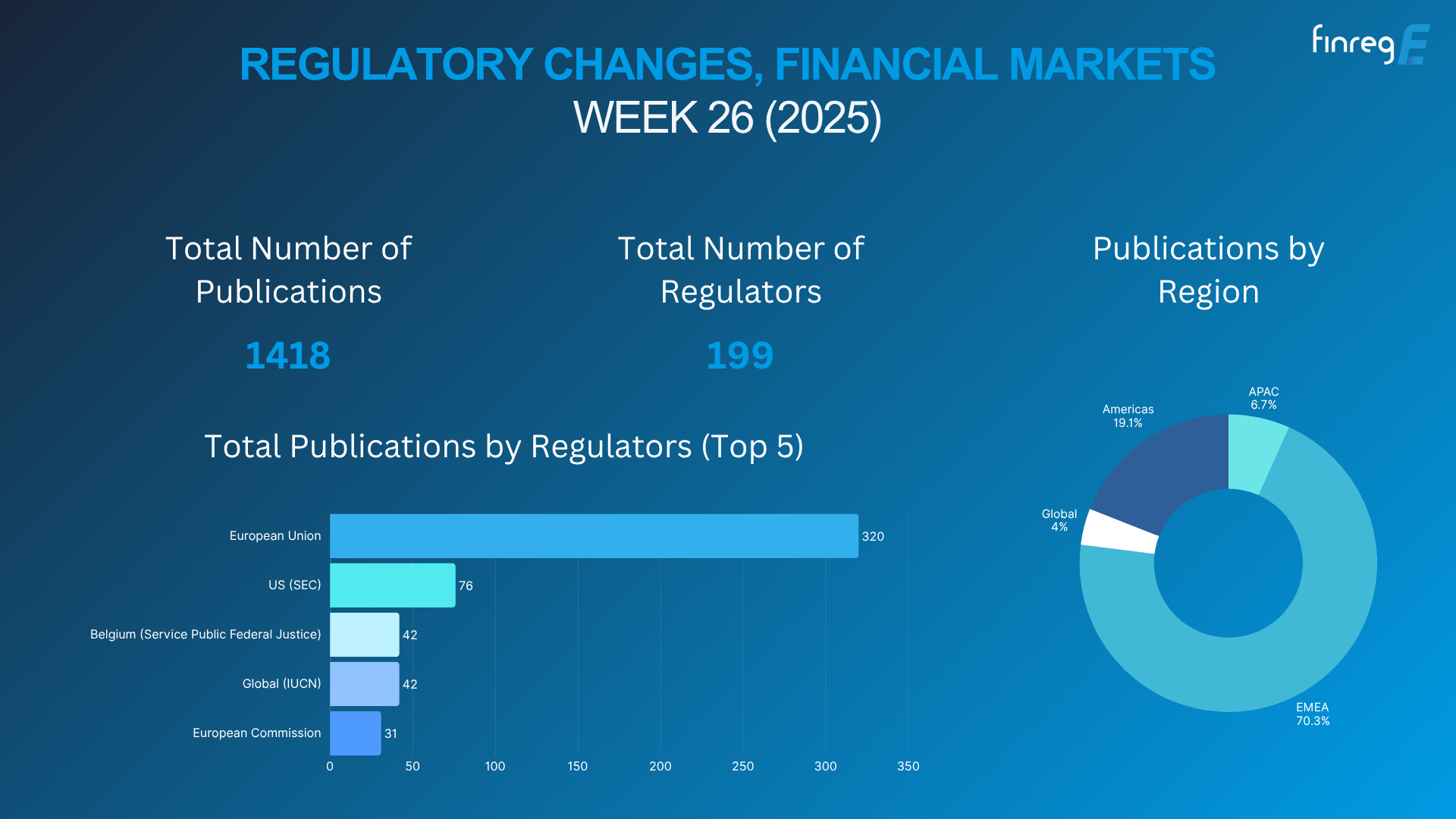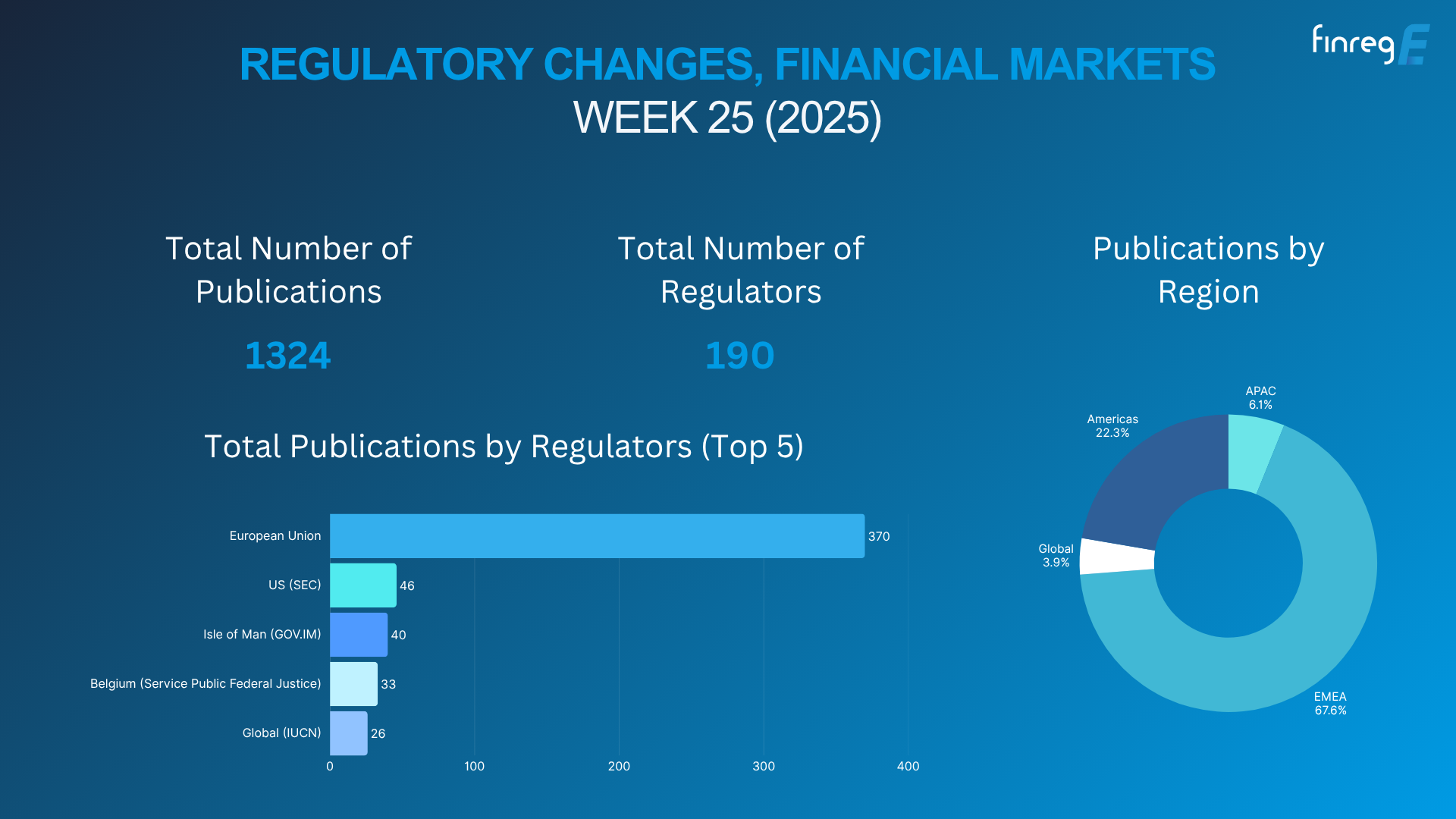Earlier this month, US President Joe Biden signed an executive order on Wednesday that requires the government to assess the risks and benefits of creating a central bank digital dollar.
While the ruling does not constitute a significant development, it could lead to a further expansion of the digital ecosystem, in the long run, affecting future regulation.
While this is a single incident, it is a sign that financial regulation will change in the long run. This could mean regulatory updates come thick and fast, and it is tempting to see compliance regulation as a burden that drives up costs and hinders an organisation’s ability to accomplish its goals.
However, with regulation constantly evolving, the solution is to refine and adjust financial compliance operations and make it a more responsive practice – where we can adapt to new regulatory updates without significant delays or incurring high costs.
While several tools can aid in making compliance more flexible and responsive, regulatory compliance tracking is a platform that can help organisations keep track of the latest updates from regulatory institutions and ensure organisations are not following compliance regulations.
Why bringing flexibility to compliance matters
With business models and organisational structures changing in response to external developments, improving compliance management is critical for keeping organisations in line with business practices and building a more responsive regime that allows organisations to establish a value-oriented compliance management process.
Furthermore, it allows organisations to make regulatory content more accessible to people across different business units or departments.
As regulation becomes critical to business strategy, different business units have come to the forefront to analyse regulatory content and ensure that the company is meeting these requirements.
This makes compliance more responsive and can transform regulation from a complex process that most people struggle to understand – outside those who specialise in regulation – making it easier to assess.
This would allow organisations to be more responsive in their approach to financial compliance regulation.
Building a more flexible strategy with regulatory compliance tracking
A regulatory compliance tracking solution has the means to convert compliance into a flexible, responsive process.
One critical component of regulatory compliance solutions is their ability to automate compliance operations.
The platform automates many tedious, time-consuming processes, such as compliance monitoring, task scheduling, approvals, and notifications.
Automation effectively removes the inefficient, time-consuming processes, improving an organisation’s ability to manage compliance procedures.
Whether it is assessing internal procedures or analysing regulatory content, financial institutions can leverage the platform to complete these processes while eliminating inefficient or redundant processes from regulation.
Eliminating inefficient processes allows organisations to turn compliance into a more agile procedure, which is critical financial regulation that is constantly evolving with new updates.
Moreover, leveraging regulatory compliance platforms allows organisations to streamline one of the more time-consuming processes in financial regulation: Keeping updated on regulatory updates.
Regulatory teams face the prospect of obtaining the latest updates from different regulatory bodies and deciding how to incorporate them into their internal procedures.
However, regulatory compliance platforms can streamline this critical procedure. The platform can send the updates directly to the regulatory team and assess internal procedures, helping regulators determine how best to respond to these updates.
With this solution, financial institutions can turn compliance regulation into a more flexible process that can better respond to new updates.
By automating critical procedures and improving response to compliance management, financial institutions can turn compliance management into a function that can add value to the organisation by preventing regulatory fines and following best practices.
Reassessing our take on the compliance
As financial regulation becomes more stringent, modernising financial regulation is critical for ensuring that your business can tackle the relentless onslaught of regulatory updates where regulators attempt to make sense of ever-changing industrial norms.
Recalibrating compliance to be more efficient and responsive can help us change how we think about compliance management. Leveraging modern technology, such as regulatory compliance tracking allows you to modernise your regulatory compliance management processes, making them more responsive and accessible to different business units.
Modernising compliance management processes with advancing AI technology, such as NLP and advanced analytics, will be critical for staying updated on the latest updates.




